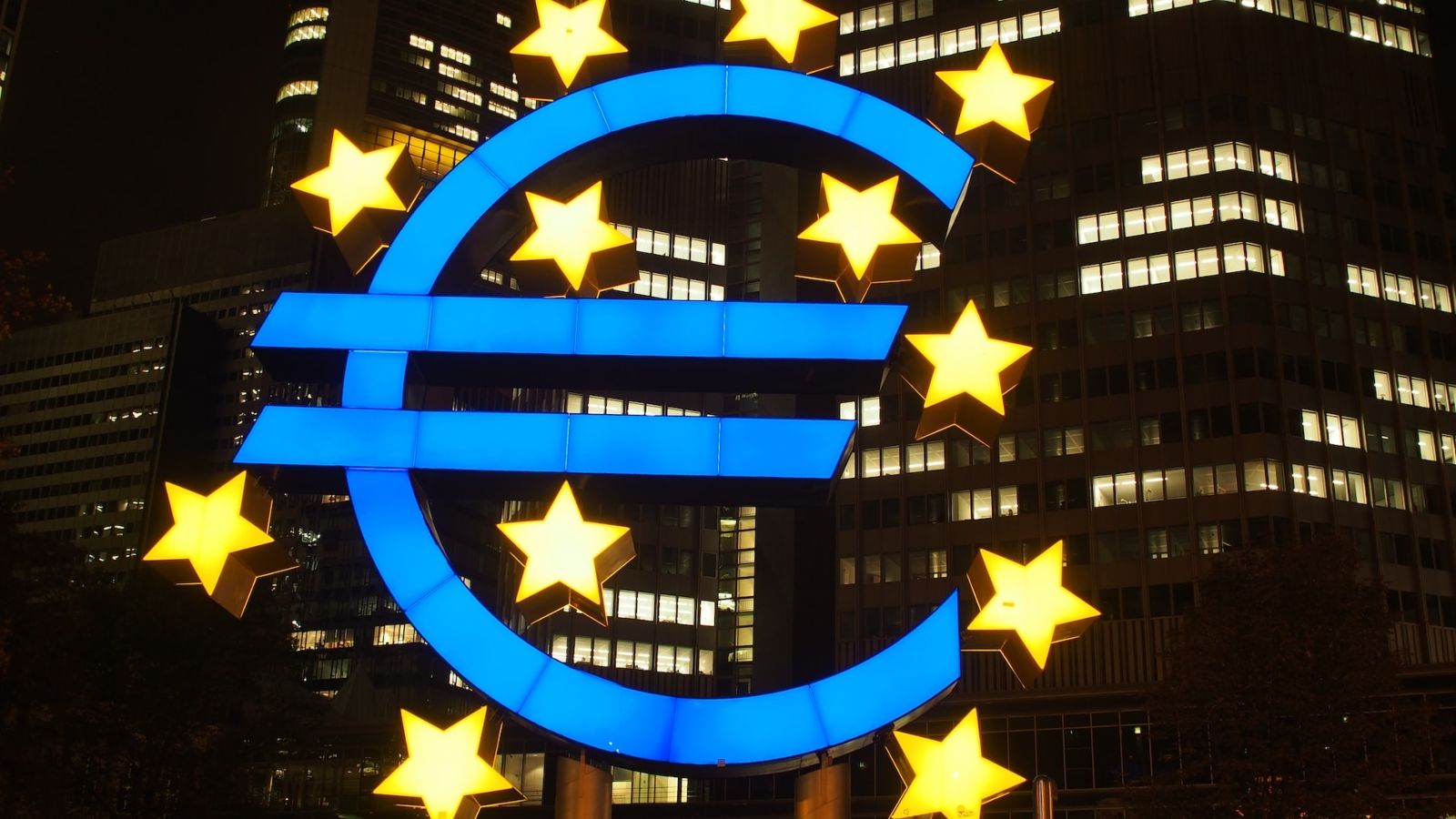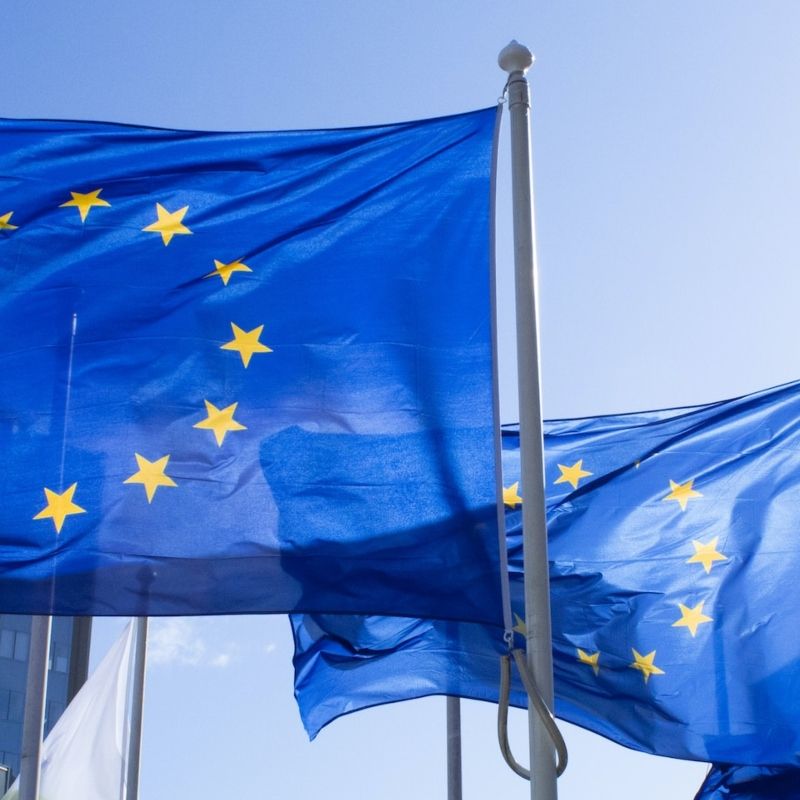The Portuguese Economy
The Portuguese economy has been steadily growing in recent years, due to increased investment and a strong focus on international competitiveness. In 2020, Portugal's GDP was estimated to be around $199 billion USD, making it the 67th largest economy in the world. Its GDP per capita comes in just shy of $22,000 USD, placing the nation near the middle of European countries when it comes to wealth per person.
The economy in Portugal is heavily reliant on tourism, with about one-third of its GDP coming from this sector alone. Other important industries include automotive production, chemicals, and technology manufacturing. Agriculture is still a major contributor to the nation’s economic output, especially in areas like wine production and olive oil production. Portugal is also known for its shipbuilding industry along its coastline.
Portugal is a member of both the European Union and NATO which has allowed it to benefit from access to markets as well as joint military operations with other members. The government has implemented several fiscal reforms aimed at reducing deficits and improving business confidence over the past decade which have helped attract more foreign investment into the country.
In terms of trade, Portugal exports mostly manufactured goods such as machinery, automobiles, and chemicals along with some agricultural products like wine and olive oil. It imports raw materials such as oil as well as food and manufactured goods from other EU countries. The country has signed numerous free trade agreements including agreements with Brazil and South Africa that provide preferential access for certain goods between those countries and Portugal.
Portugal's economy appears to be in good health but there are still challenges ahead going forward such as dealing with high public debt levels while maintaining fiscal responsibility. The public sector is actively working towards helping small businesses thrive while increasing their presence in global markets through free trade agreements which should help support continued growth into the future.

How Did Portugal React And Recover From The 2008 Crisis?
Portugal was heavily affected by the 2008 Global Financial Crisis and its ensuing recession. The nation's GDP contracted over 5% in 2009 and economic growth would remain muted for several years after. To combat this, it was implemented a stringent austerity package consisting of tax hikes, spending cuts, and other measures to help balance the budget and risk. This included reducing public sector wages and increasing the retirement age amongst other measures.
The nation also benefited from a US$104 billion bailout package from the International Monetary Fund (IMF) and the EU. This money helped provide much needed liquidity to banks that were struggling due to high levels of non-performing loans. The government also enacted reforms to unlock capital from pension funds and encouraged foreign direct investment through incentives such as tax breaks, subsidies, and targeted credits.
These efforts combined with an improved export performance resulted in Portugal gradually recovering from the financial collapse over time. By 2017, the national economy had returned to normal levels with growth projections of around 2%. Furthermore, foreign direct investment rose sharply during this period which helped improve business confidence domestically.
Overall, Portugal has been able to recover from the 2008 Global Financial Crisis through a combination of fiscal austerity measures and structural reforms alongside international support in the form of loans and funding. Its economy continues to grow at a steady rate which is providing positive signs for future prosperity in this Mediterranean nation.

The Current Scenario And Future Expectations
The current economic scenario in Portugal is positive and the future prospects are promising. The economic activity has seen consistent growth since 2017 and is expected to grow even further over the coming years. GDP growth was 1.9% in 2020, despite the impact of the COVID-19 pandemic, and the OECD forecasts that the Portuguese economy will grow by 4.1% in 2021 and 3.2% in 2022. This is driven by an increase in private consumption, investment in capital goods, as well as increased exports of manufactured goods such as machinery, automobiles, and chemicals.
In addition to this positive economic outlook and financial stability, Portugal’s credit rating with Fitch Ratings remains at BBB+, indicating a stable investment grade nation with good prospects for fiscal responsibility. This favorable rating has helped attract more foreign direct financing into Portugal which is driving job creation, innovation, and economic diversification.
The country also continues to implement reforms aimed at increasing business confidence and improving Portugal's export competitiveness. These measures include a reduction of corporate tax rates from 23% to 21%, improved access to funding for businesses through targeted investment credits, and expanded free trade agreements with nations such as Brazil and South Africa which provide preferential access for certain goods between those countries and Portugal.
The current efforts show the economic situation in Portugal looks promising with strong growth levels expected over the coming years due to fiscal reforms, increased foreign direct investment, expanding export markets, and improved access to capital for businesses. These factors should help lay the foundations for a brighter future for Portugal's economy going forward.
Is Portugal The New Tech Hub?
Over the past few years, Portugal has become an increasingly attractive destination for tech companies and startups. This is due to a number of factors such as competitive cost of living, excellent quality of life, and access to a highly-skilled workforce. Portuguese authorities have also put in place initiatives to make the country more appealing to tech entrepreneurs, such as startup visas and special tax incentives for tech investments.
This has led to an influx of companies and startups setting up shops in Portugal. Tech giants such as Microsoft, Google, and Amazon have opened offices in Lisbon while global startups such as Uber and Airbnb also maintain operations there. In addition, venture capital investors are flocking to Portugal with over $1 billion invested in the past year alone.
Aside from international players, Portugal is home to a rapidly growing local startup ecosystem. According to Startup Europe Partnership (SEP), there were 463 local startups in 2018 compared to just 135 in 2012 - representing an average growth rate of 15% per year. These companies are mainly concentrated in the fields of software development, artificial intelligence or machine learning, digital health, FinTech, and mobility solutions.

The country's flourishing startup scene has earned it the nickname "Europe's Silicon Valley" with many seeing it as the next big thing in digital technologies entrepreneurship. Furthermore, Lisbon was recently ranked as one of the top ten cities around the world for launching a startup according to 2018 data from Forbes magazine.
It is clear that Portugal is quickly becoming an attractive hub for technology companies both big and small. Its combination of favorable conditions including low costs and an excellent talent pool combined with friendly government policies towards innovation means it could very well be on its way to becoming known as Europe's new tech hub and the new home for the digital transformation industry.
The Portuguese economy is getting stronger every year. Numbers have shown that the country is a great place to live, so don't miss the opportunity. Book your call with a GVC expert to learn more!
